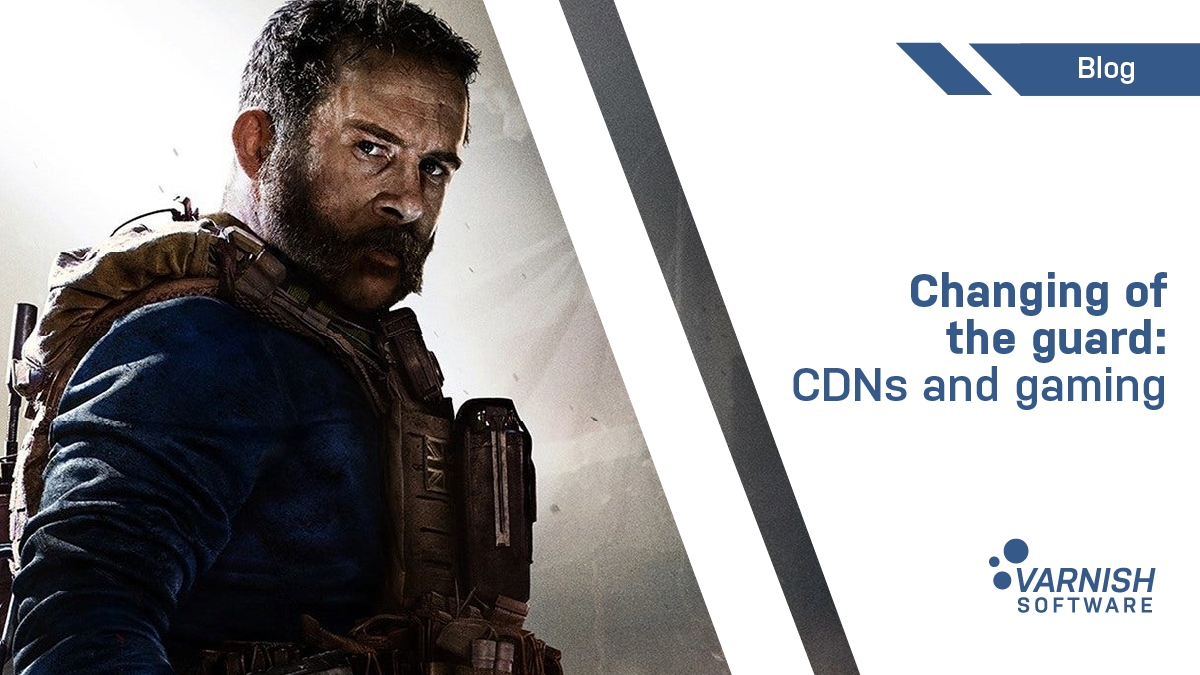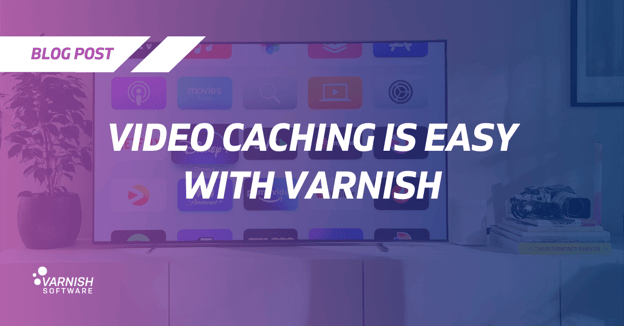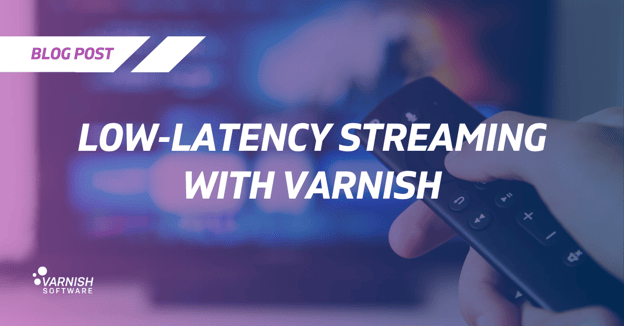Game downloads and updates have become behemoth in size (e.g., 200GB for Call of Duty: Modern Warfare) and continue to increase. Each technical improvement to the game itself leads to more bloat in the size, and the potential for slowing down the gaming experience overall. The slow pre-game download, installation and setup experience alone can take some of the shine off the fun.
 (Image credit: Future)
(Image credit: Future)
Leaping over hurdles: CDNs to the rescue
Content delivery networks (CDNs) have been able to help gaming companies leap over many of these challenges. They’ve helped to improve speed and performance at downloads and enabled access for more concurrent users without completely diluting the experience on big update or release dates.
But these release dates are actually a big deal for the internet and its infrastructure as a whole. For network engineers, these days are always on their radar because game download days strain bandwidth for everyone. Yes, everyone -- across the internet. As gaming download packages continue to balloon, even people who don’t know the first thing about gaming can end up getting a poor user experience from their other internet applications.
Bottom line: game updates affect internet traffic overall, but with its predictability in these massive traffic spikes, some CDN providers are prepared. For CacheFly, for example, they see a number of multi-CDN customers turn to them because they are not serving Call of Duty in the multi-CDN mix. Thus, Call of Duty ends up being a big deal for non-game-serving CDNs because the rest of the internet’s traffic relies on them to deliver consistently high content delivery performance.
The coming CDN shift: 5G and gaming at the edge
If, as Deloitte predicted, gaming -- which is even more resource-intensive and demanding than standard video streaming -- will be a driver of CDN services. CDN providers will continue to be a support pillar for game publishers as they launch their make-or-break cloud streaming propositions. Given the make-or-break nature of the enterprise, though, relying on the standard CDN and its shared resources might not be enough for the cloud-gaming future.
Gaming and media companies are likely to build out their own gaming-specific CDNs (and possibly adopt multi-CDN strategies) because, in the end, the do-it-yourself approach may prove more cost-effective and flexible than renting capacity from traditional CDN providers.
Taking this a step further, with the launch of 5G networks, telcos may actually cut out the CDN middleman and offer 5G CDN services directly to gaming and media companies, thus shifting the definition of what a CDN is and where it does its content delivery magic. Instead of centralized CDN hubs with a limited number of PoPs, 5G CDNs enable decentralized, distributed edge cloud nodes, letting customers put PoPs (or edges) anywhere they need them.
The changing of the guard: From standard CDN to the 5G-ready vCDN
As the world moves closer to 5G ubiquity, creating gaming-specific CDNs that tap into the ultra-low latency of the edge will inevitably change both CDNs and gaming.




